Here is how you can save your cat from having a hairball in its stomach
Cats usually keep themselves clean, and they naturally adopt self-grooming and self-cleaning habits, but what if they swallow a piece of fur inside without thinking? While cleaning their skin, they likely get several furs and loose hair inside the stomach which causes various diseases. This collection of hairs later turns into a ball and eventually becomes a cat hairball in the stomach.
Cats usually get hairballs, and it is pretty normal for them as there is nothing to worry about, but if they become large clumps, the worst-case scenario is that your cat might need surgery due to blockage in its intestines. However, taking early precautions may help prevent serious health issues for your cat.
So, if you have a cat and you need to know about the things that cause severe issues due to a hairball that includes its causes, symptoms, and treatments, you are at the right place because this article will answer all your related queries.
You might not realize how much time your cat spends on self-grooming; its tongue will catch tiny loose hairs which go straight into the intestine that may require emergency surgery. The question that rose often is, do all cats get hairballs? And the answer is yes. All cats have hair. The only difference is some are a long-haired breed like Persians, who have the highest tendency to get a hairball.
What Are the Causes of a Hairball?
One of the main causes of a hairball is loose hair, which is ingested but not properly removed from the body through the intestinal tract. As cats are commonly grooming and licking their fur, your cat is likely to get dead or loose hair that later sticks to their tongue and is mostly digested and excluded through feces.
But in most cases, the hair gathers in the stomach and results in the creation of a hairball. Some cats take it out through vomiting or in the disposal fluid. Cat’s unnecessary grooming habits, long or triple hair coats are also some factors to consider that may cause hairballs.
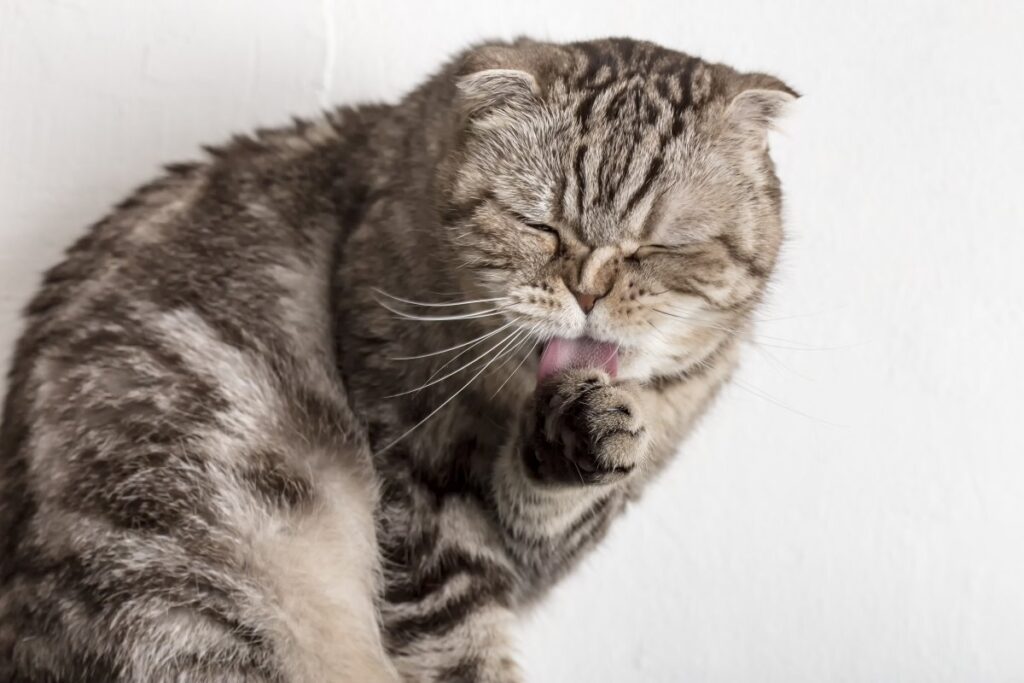
Symptoms of Cat Hairball
Your cat will show a few signs, such as gagging that leads to vomiting with a bunch of fur in it, and if the color matches the fur, it is given that there is hair in the vomit that she took out. There are other symptoms that you may notice in your cat, some of which are listed below;
- Vomiting in food
- Lack of appetite
- Lethargy
- Diarrhea and constipation
- Swollen stomach
- Wheezing, gagging, or dry cough
Take your cat to a veterinarian as soon as you notice any of these symptoms, as it would ultimately prove to be a wise decision for your cat’s health.
As mentioned above, vomiting, lethargy, and loss of appetite are common signs of an intestinal blockage that need immediate treatments. These symptoms could be signs of other conditions that veterinarians can confirm after examining your cat physically. Your cat may cough up a hairball, which might not be in your knowledge, but you need to notice these signs so that the veterinarian can provide the best treatment to cure your cat’s hairball. Your doctor may ask for a few blood tests and X-rays to see the intestinal blockage in your cat.
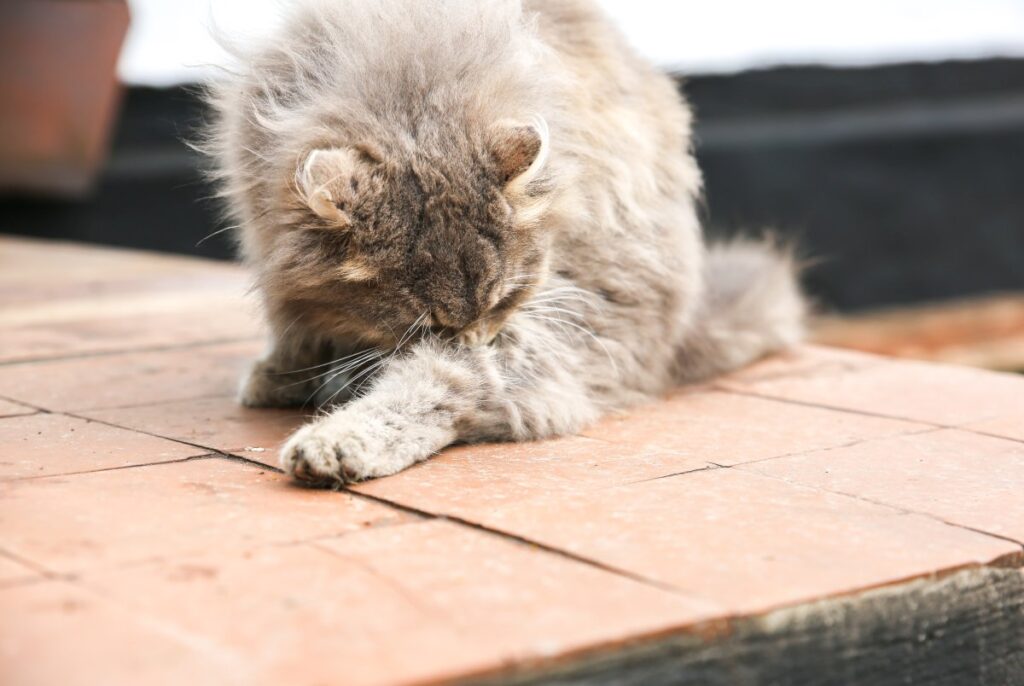
6 Simple Remedies to Treat Hairball at Home
Here are some noteworthy remedies for treating your cat’s fur ball and partially relieving it from the caused uneasiness.
Groom your cat regularly
The simplest way to put it is that your cats are less likely to have hairballs in their fur if you keep removing the excess regularly. Just combing your cat’s hair can be effective in resolving issues like this because not only does it help get rid of the major factor of growing hairballs, but it also enhances your bond with them. In a case where your cat does not like being groomed by you, consider taking them to a professional frequently, every 6 months or so.
Specialized ‘hairball’ formula cat food
Many new cat food manufacturing companies have taken this new initiative to introduce food formulas that are rich in fiber. This helps reduce your cat’s excess hair volume and encourages the ingrown hairball to pass through their waste system, and this automatically reduces the shedding of your cat’s hair.
Make use of specific hairball products or a laxative
Light laxatives aid in the digestion of a cat’s hairball and are also very easily available in grocery stores and pet stores.
Refrain from excessive grooming
Introducing them to new toys and encouraging them to play with objects might divert their attention from continuously licking their fur. Once their domain or addiction has been overcome, your root of the issue would have already been solved. Compulsive grooming can result in serious health problems, so make sure you groom them, but not too much!
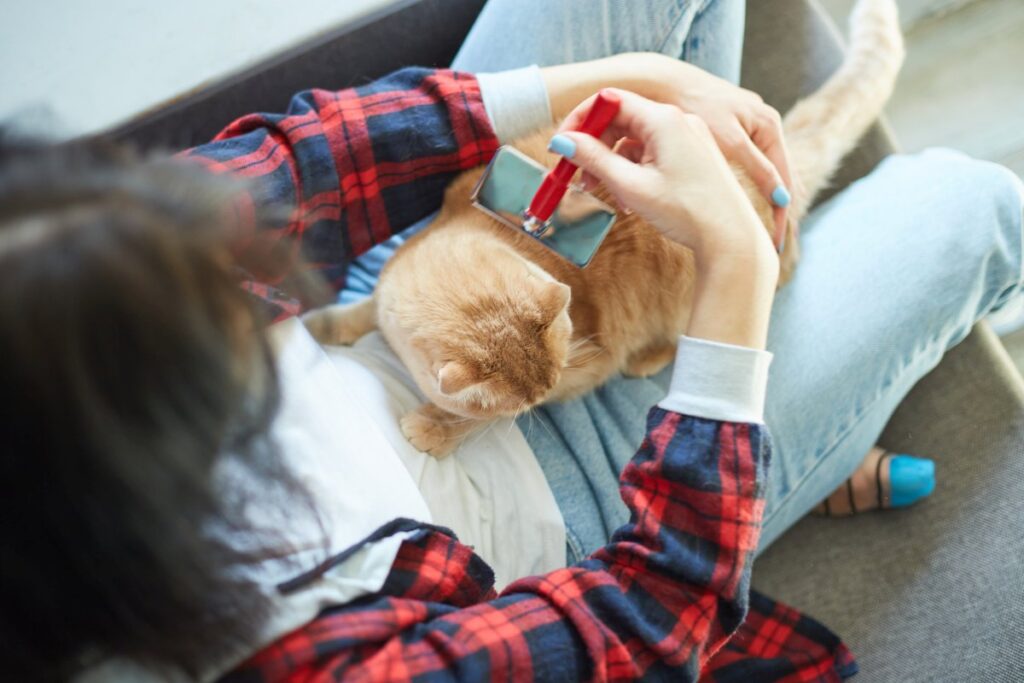
Get them fishies
Fishes are famous for their natural oils, and oil is good for digestion, especially when it comes to smoothening the esophagus. Add a spoon full of sardines or tuna to your cat’s diet and let the magic astonish you. Even just sprinkling the fish oil on your cat’s dinner would do wonders.
Use wipes for grooming
Now I know wipes can be a little harsh for the skin, but not if you use fragrance-free, animal-friendly ones. Let me tell you, this one is a game-changer. It can aid in getting the loose hair that often stays back after a grooming session. Get rid of all the hassle by just wiping your cat with a wet paper towel or a baby wipe, and you’re done!
Conclusion
Adopting a cat is very easy; it’s the maintaining peace and grooming part that can test your patience, but if you really love them, you need to ensure that your house is a safe environment for them. With your house comes your supervision; therefore, always be attentive about your cat’s wellbeing and make sure they don’t get involved in the little things that could cost them their life. Something as little as licking fur could contribute to a visit to the ER, and the most painful part is they cannot speak or explain their feelings.
We share this planet with animals, and they should be treated with the equal respect that we deserve.

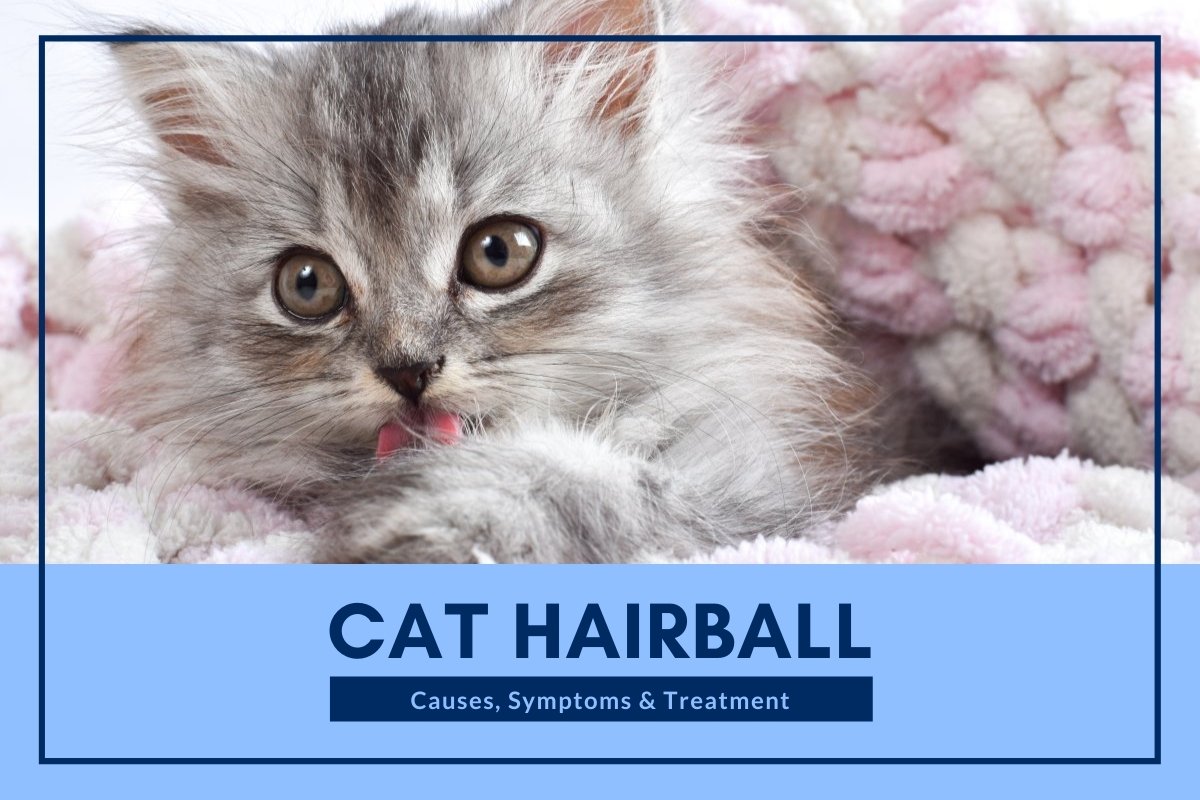
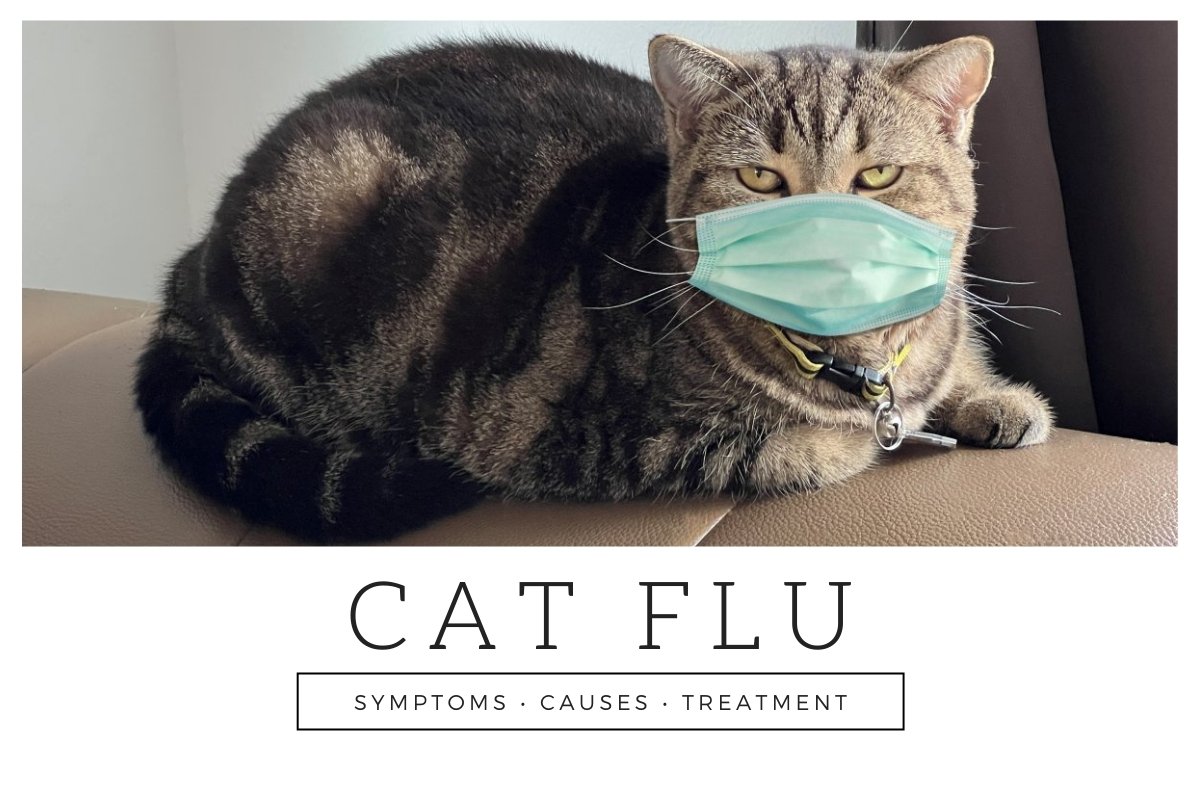
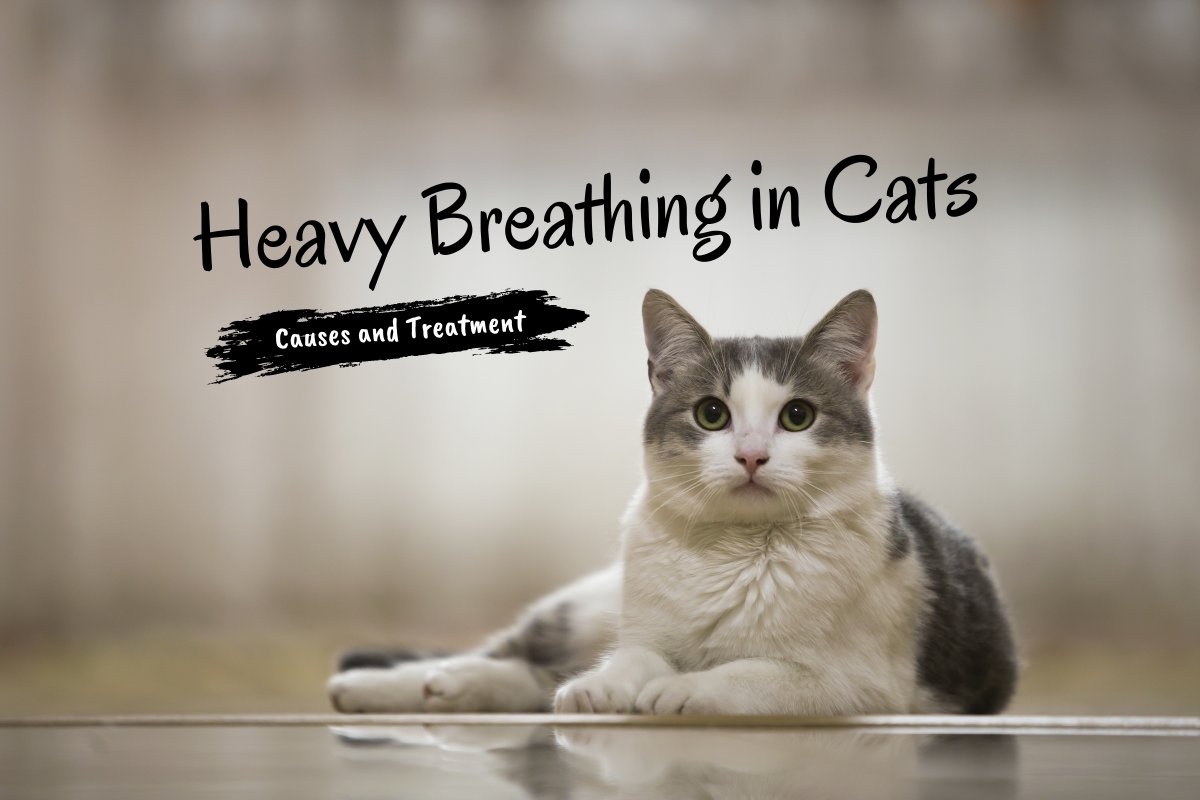
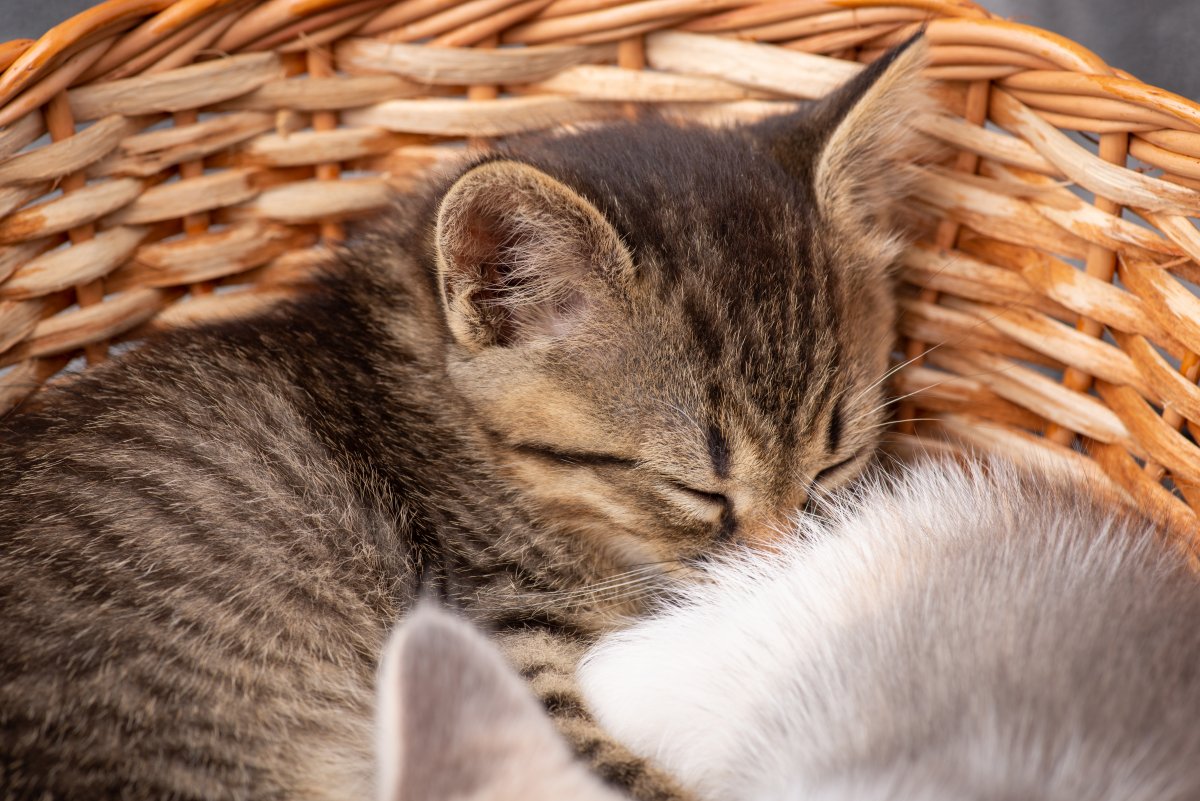
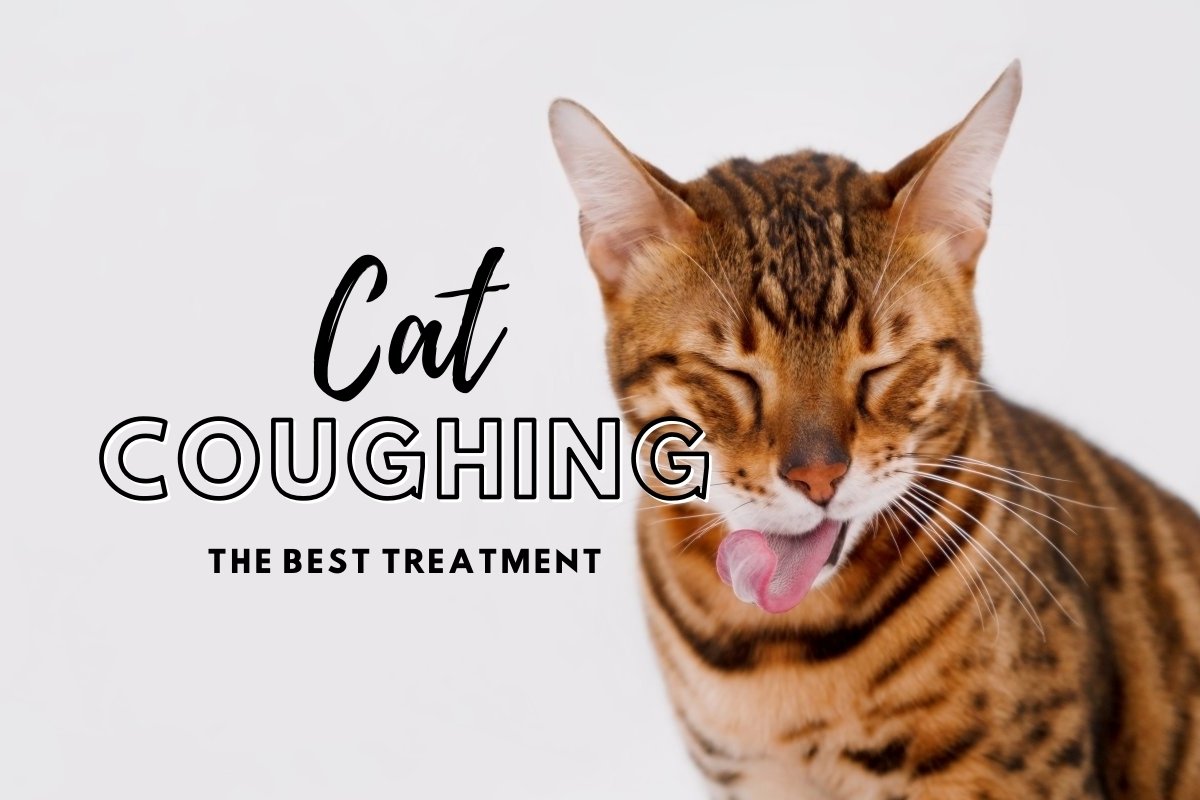
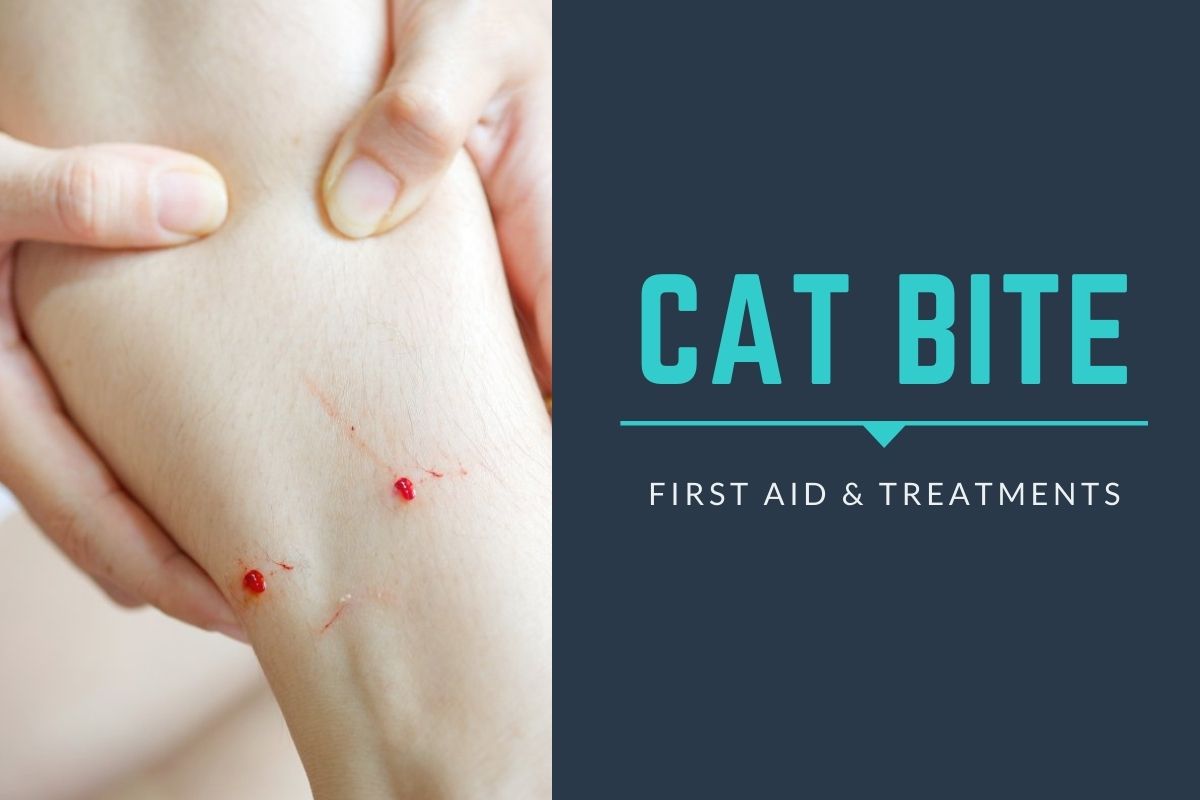
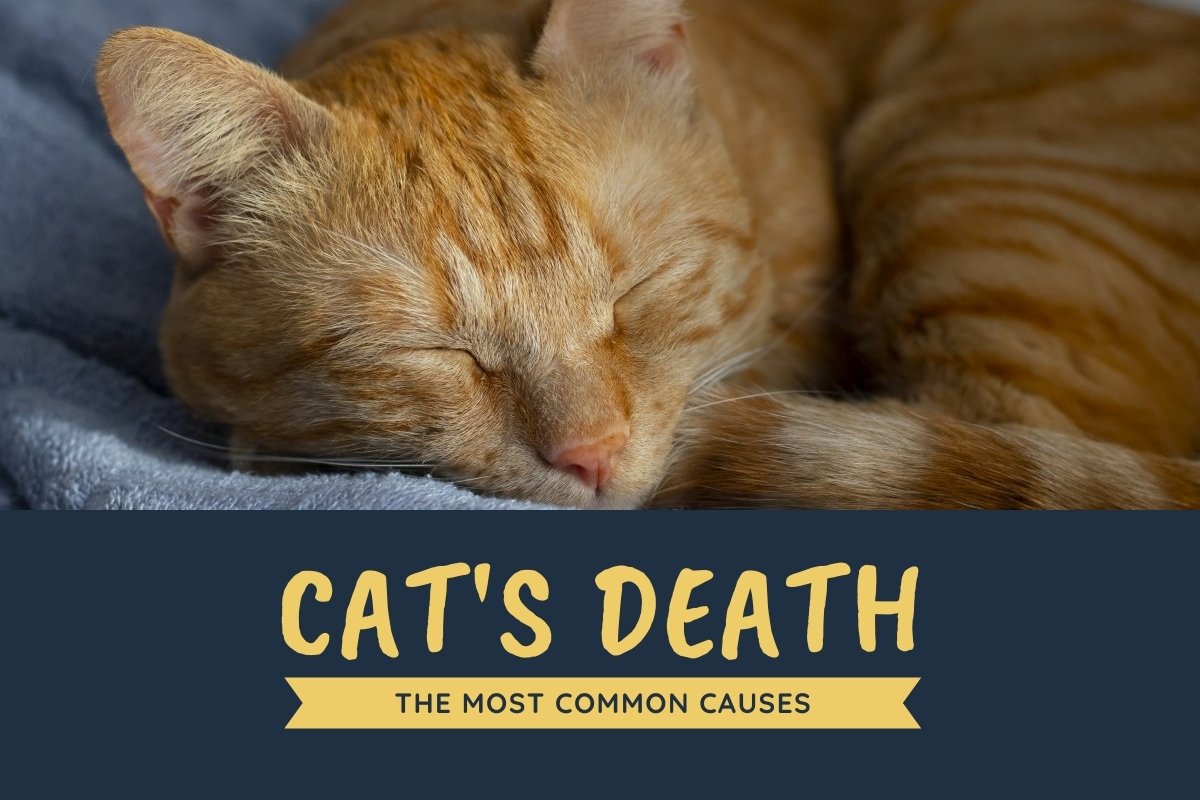
3 comments